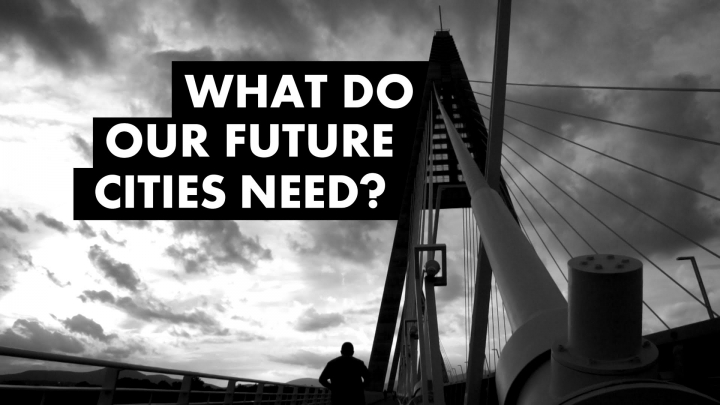Can Polluter Pays policies support the fair energy transition?
Modelling of the distributional impacts of the proposed Energy Taxation Directive reform and Emissions Trading Scheme extension shows these policies can help fight both inequality and the climate crisis.
The proposed Energy Taxation Directive (ETD) reform and extension of the Emissions Trading Scheme to buildings and road transport (ETS2) are two of the most politically sensitive elements of the Fit for 55 package. We provide new evidence from a microsimulation model developed by the Basque Centre for Climate Change (BC3) with IEEP and five other partners in the Think Sustainable Europe (TSE) network to assess the direct, overnight distributional impacts of both measures on households.
It is important to bear in mind that both Hungary and the European Union want to ensure a healthy and sustainable future in accordance with the legislation and strategies already adopted and in force. New taxes or increases in existing taxes are one means of achieving this goal, andn addition to the economic effects we should not forget the other related benefits that are difficult to quantify, such as cleaner air and reduced risks of climate change.
The lead partner Institute for European Environmental Policy shows that if carefully designed – including well-directed revenue-recycling, and alongside complementary policy measures – the proposals can achieve clearly progressive impacts.
Energiaklub has prepared the analysis for Hungary in national language. Our results show that the proposed reforms of the ETD, assuming that the revenues are redistributed, will have a slightly positive impact on the well-being of Hungarian society, while encouraging a reduction in the use of polluting fuels. The introduction of the two changes together would not have a significant negative impact on Hungarian society according to the model results.








